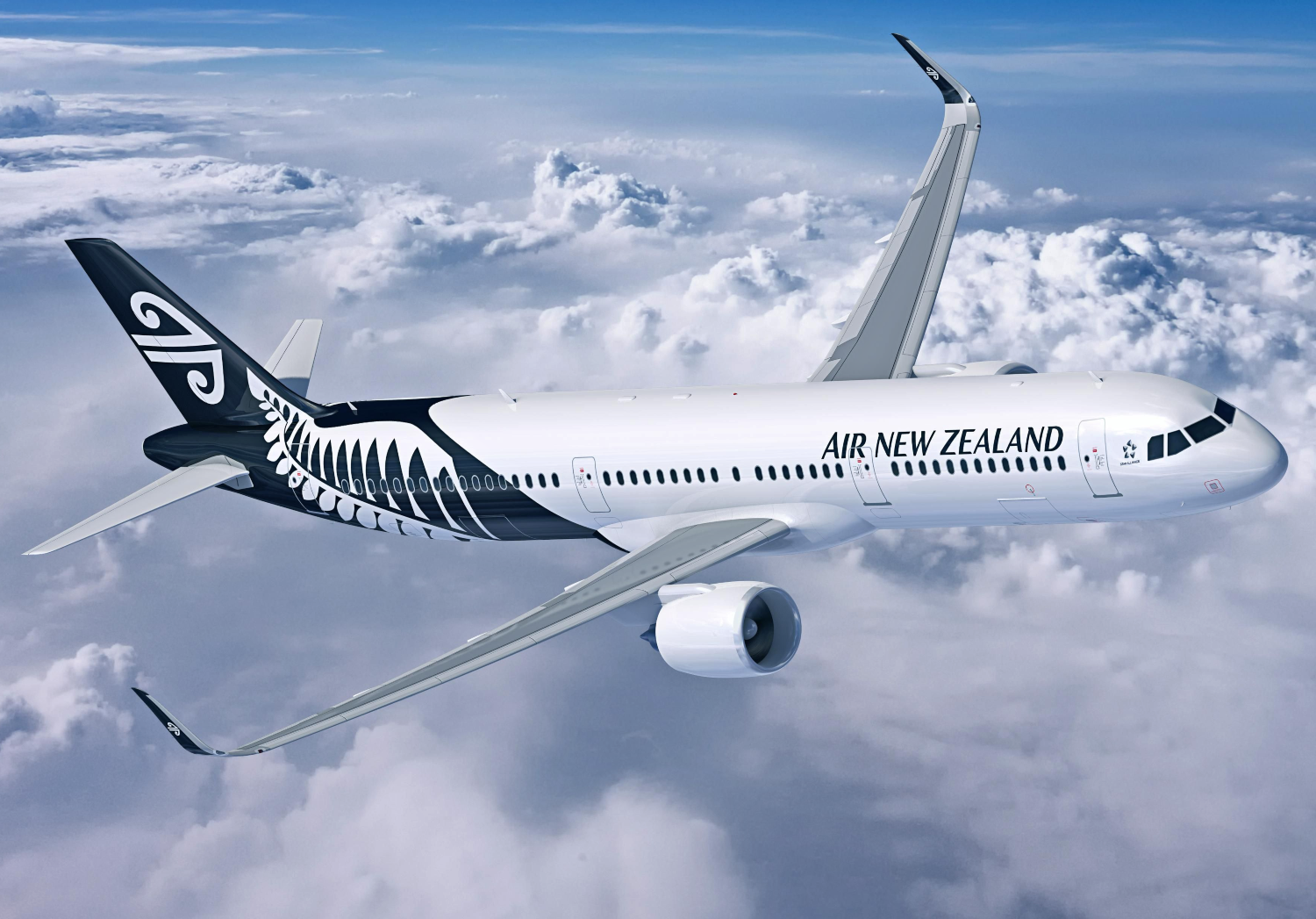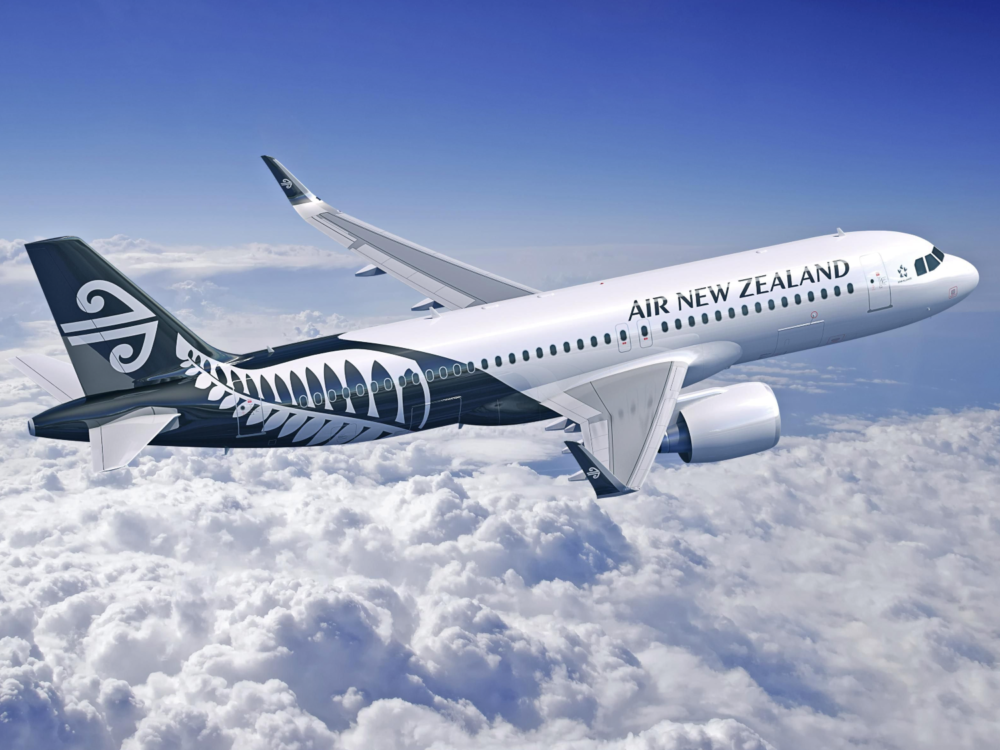Hot on the heels of a recent multi-million dollar half-yearly loss, there's some light on the horizon for Air New Zealand. On Tuesday, Air New Zealand released its latest traffic statistics. The results are mixed, but Air New Zealand is close to hitting 50% of pre-pandemic traffic numbers. In particular, the airline's all-important domestic business is performing well.
In January 2021, the Air New Zealand Group carried 583,000 passengers. That's 43.8% of the number of passengers the airline flew the previous January. In the financial year to the end of January 2021, Air New Zealand has carried 4,587,000 passengers. Over the same period across 2019/20, Air New Zealand flew 10,370,000 passengers.
New Zealand's financial year runs from July to June. That sees Air New Zealand's overall passenger numbers this financial year running at 44.2% of the previous financial year's numbers.
Stay informed: Sign up for our daily and weekly aviation news digests!
A tale of two markets at Air New Zealand
But take a dive into the numbers, and it's a tale of two markets. After a few hiccups, Air New Zealand's domestic market has rebounded well. In January, 565,000 people boarded an Air New Zealand domestic flight, 75% of January 2020's numbers.
"We've been operating a significant portion of our pre-COVID domestic capacity for about a year now," said Air New Zealand CEO Greg Foran at an investor's briefing in late February. "The recovery of our domestic network gives us cause for optimism for the future."
Air New Zealand had 387 million available domestic seat kilometers across January and a domestic load factor of 77.9%. That compares favorably with January 2020's domestic load factor of 85.7%. Air New Zealand's strong domestic recovery helped push the airline to a cash flow positive status across the October - December 2020 quarter.
"I think that's really significant and somewhat different to what many of our global peers are experiencing," says Air New Zealand's Chief Financial Officer, Jeff McDowall.
Holding Air New Zealand back is the continued slump in demand for international services. The airline continues to fly scaled back scheduled passenger services around the Pacific rim, including to North America, Asia, and Australia. But Greg Foran calls Air New Zealand's international operations "a shadow of what it used to be."
International services negatively impact Air New Zealand's numbers
Australia is normally Air New Zealand's biggest international market. Usually, Air New Zealand flies to multiple airports there. Now Air New Zealand is down to a handful of services to Sydney and Brisbane, having recently suspended its flights to Melbourne. In January, Air New Zealand flew just 14,000 passengers to and from Australia. That's 4% of the 333,000 passengers the airline flew to and from Australia in January 2020.
Air New Zealand's flights to other international destinations also performed poorly. The airline carried just 2,000 passengers across its January 2021 services to and from its Asian destinations, including Singapore and Tokyo. In January 2020, Air New Zealand flew 100,000 passengers across its services to and from Asia.
"There is no roadmap for how international recovers," said CEO Greg Foran.
Air New Zealand's slimmed down services to and from North America also struggled. In January, those flights carried just 3,000 passengers. In January 2020, 117,000 people boarded Air New Zealand's flights to or from North America.
The lack of international demand is beyond Air New Zealand's control. Border closures, travel restrictions, and health fears are driving that collapse in demand. However, a strong core domestic business continues to underpin the airline. But as Air New Zealand tracks towards carrying 50% of its pre-pandemic passenger numbers and the COVID-19 vaccine rollout continues, the airline remains upbeat about the future.
Does Air New Zealand's strong domestic performance surprise you? Post a comment and let us know.


